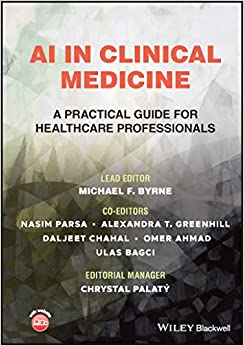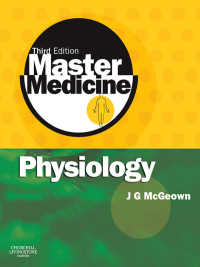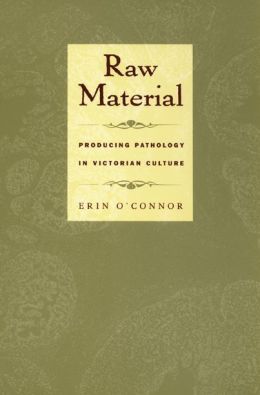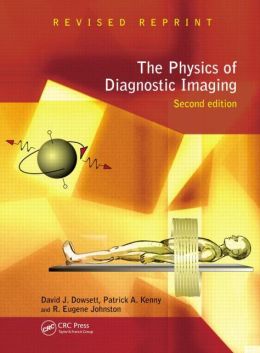-71%
Artificial Intelligence in Clinical Medicine: A Comprehensive Guide
Introduction
Artificial Intelligence (AI) is revolutionizing healthcare, providing innovative solutions to address complex medical challenges. “AI in Clinical Medicine: A Practical Guide for Healthcare Professionals” offers a comprehensive overview of this transformative technology’s applications in various clinical domains.
Section 1: Fundamentals of AI in Clinical Medicine
This section establishes a solid foundation for readers, defining key AI concepts and highlighting the essential role of data and algorithms in AI training. It emphasizes the importance of robust AI training for healthcare professionals, ensuring ethical and responsible implementation.
Section 2: Foundational Concepts and History
Section 2 delves into the theoretical underpinnings of AI, tracing its historical evolution and exploring the principles that guide its development. Readers gain insights into the different types of AI, such as machine learning, deep learning, and natural language processing.
Section 3: AI Applications in Specific Disciplines
This section showcases the practical applications of AI across a wide range of medical specialties. It examines how AI is used in:
- Radiology: Enhancing image analysis, identifying abnormalities, and aiding diagnosis.
- Pathology: Automating tissue analysis, detecting cancer cells, and facilitating personalized treatment plans.
- Dermatology: Classifying skin lesions, providing early detection, and guiding therapeutic decisions.
- Endoscopy: Improving visualization, enabling more precise procedures, and reducing patient discomfort.
- Robotics: Assisting in complex surgeries, providing greater precision and minimizing errors.
- Virtual Reality: Simulating surgical environments, enabling surgeons to practice and improve their skills.
Section 4: Emerging Trends and Future Applications
This section explores the future of AI in medicine, discussing emerging trends and potential applications. It addresses areas such as:
- Precision Medicine: Tailoring treatments to individual patients based on their genetic profiles.
- Wearable Devices: Monitoring health data and providing personalized insights.
- Digital Therapeutics: Developing virtual interventions for disease prevention and management.
Practical Considerations and Challenges
In addition to its comprehensive technical coverage, the book also addresses practical considerations and challenges associated with AI in clinical medicine, including:
- Ethical Implications: Ensuring patient privacy, autonomy, and informed consent.
- Regulatory and Legal Concerns: Navigating complex regulatory frameworks and ensuring compliance.
- Reimbursement and Workforce Issues: Addressing the financial implications and potential impact on healthcare professionals.
Targeted Audience
“AI in Clinical Medicine: A Practical Guide for Healthcare Professionals” is an invaluable resource for a wide range of healthcare practitioners:
- Students: Gaining a foundational understanding of AI and its applications in medicine.
- Clinicians: Enhancing their knowledge of AI-driven diagnostic and therapeutic tools.
- Academics: Conducting research and advancing the field of AI in clinical medicine.
- Policy Makers: Informing healthcare policies and regulations related to AI.
By combining technical depth with practical insights, this comprehensive guide empowers healthcare professionals to harness the transformative power of AI for better patient outcomes and improved healthcare delivery.










Reviews
Clear filtersThere are no reviews yet.